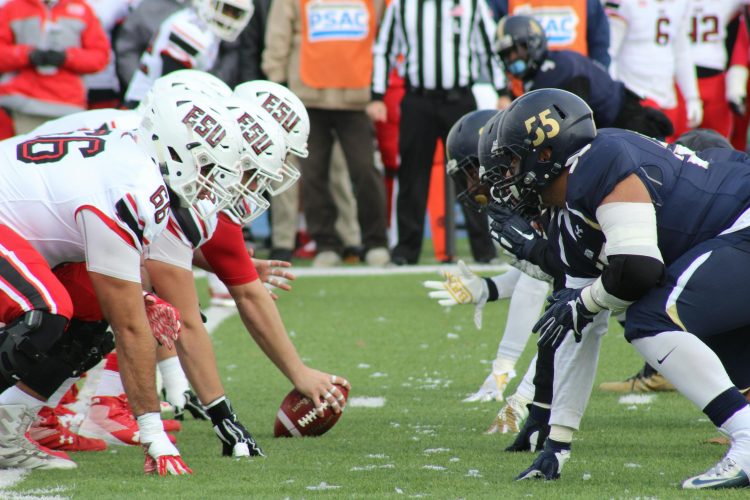Beyond the Basics: Advanced Financial Literacy for College Athletes

Beyond the Basics: Advanced Financial Literacy for College Athletes
For college athletes, mastering financial literacy is a non-negotiable skill in the NIL era. But once you’ve nailed the basics—budgeting, saving, tracking your cash—what’s next? The athletes who go furthest learn to manage risk, maximize their earnings, and protect their money from day one. Here’s how to level up your financial game.
1. Understand and Protect Your Income Streams
NIL Income:
- Treat NIL like a business. Use a dedicated account for all deals, speaking fees, and sponsorship payments.
- Automate 30% of every NIL dollar into a separate “tax hold” account—don’t get blindsided in April.
- Use software or an app to log every deal, payment, and expense.
Side Hustles:
- Report ALL income, even Venmo or PayPal transfers.
- Consider forming an LLC or sole proprietorship if your NIL business grows—this can offer liability protection and potential tax benefits.
2. Master Tax Strategy Early
- Learn which NIL expenses are deductible—travel, gear, marketing, business meals (ask a pro or use IRS.gov as a guide).
- Track “in-kind” payments—free gear, gift cards, or perks must be valued and reported.
- For big earners: Ask your family accountant or a campus expert about estimated quarterly taxes and how to avoid penalties.
3. Start Investing—It’s Never Too Early
Why invest as a college athlete?
- Time is your secret weapon—compound growth is the only “guaranteed win” in money.
- Start with a Roth IRA if you have earned income—even $20 a month matters.
How to begin:
- Choose a simple, low-fee index fund or ETF—avoid “hot stock tips” and high-risk speculation.
- Consider using a robo-advisor or a no-fee investing app.
- Never invest money you can’t afford to leave untouched for years.
4. Build and Protect Your Credit Profile
- Apply for a student credit card or secured card.
- Use it for small, regular purchases (gas, groceries) and pay off in full each month.
- Check your credit report for free once a year (annualcreditreport.com).
- Never let anyone—friend, roommate, teammate—use your card or co-sign a loan.
5. Insure Yourself and Your Stuff
- Renters’ insurance protects your gear, clothes, and electronics—costs less than $20/month.
- Disability insurance is a smart move if you’re earning significant NIL money or are at risk of injury.
- Health insurance: make sure you’re covered year-round, not just during the season.
6. Know Your Contracts—Don’t Get Burned
- Review every NIL contract with a professional—look for exclusivity, duration, and payment terms.
- Never sign away long-term rights to your name or image for a short-term gain.
- Document and store all contracts, emails, and text confirmations in a secure cloud folder.
7. Think Long-Term: Set Major Financial Goals
- Aim to graduate with more money saved than you arrived with—track your net worth each semester.
- Save for “big” post-grad expenses: a car, an apartment deposit, moving costs, grad school applications.
- Consider future costs—moving to a new city for a job, starting your own business, or supporting family.
8. Build Your “Money Team”
- Identify advisors: family, campus financial aid, trusted alumni, or an outside pro with athlete/NIL expertise.
- Lean on your network for recommendations on accountants, lawyers, or insurance agents.
- Never take advice from someone selling a product—always look for fiduciary, “client-first” professionals.
9. Give Back and Grow Your Legacy
- Use a portion of your NIL or job income to support causes you care about—community, youth sports, or local scholarships.
- Document your giving and use it to build your brand and résumé.
- Generosity and financial stewardship go hand-in-hand.
10. Audit and Adjust—The Pro Habit
- Review your accounts and budget monthly—look for waste, missed opportunities, and potential problems.
- Update your goals and strategy as your income and needs change.
- Stay humble and keep learning—the financial world never stands still.
Final Thoughts
Financial mastery isn’t about hitting a single home run. It’s about playing consistent, smart, long-term ball—protecting your gains, growing your assets, and learning from every move. In the NIL era, the athletes who level up their financial literacy early are the ones who thrive long after the game is over.






